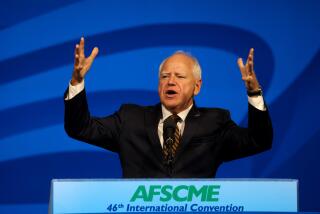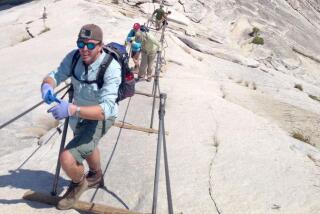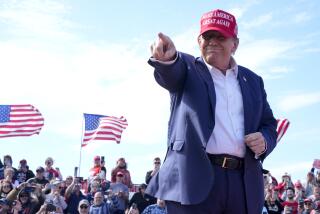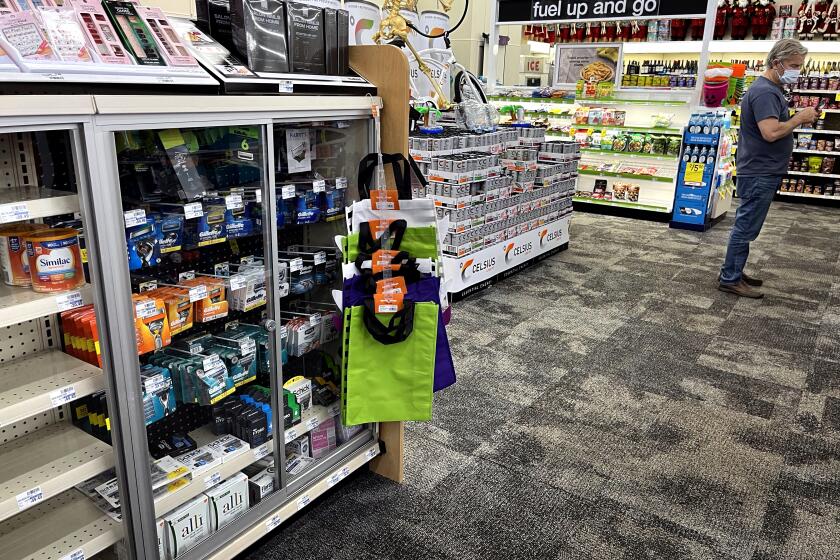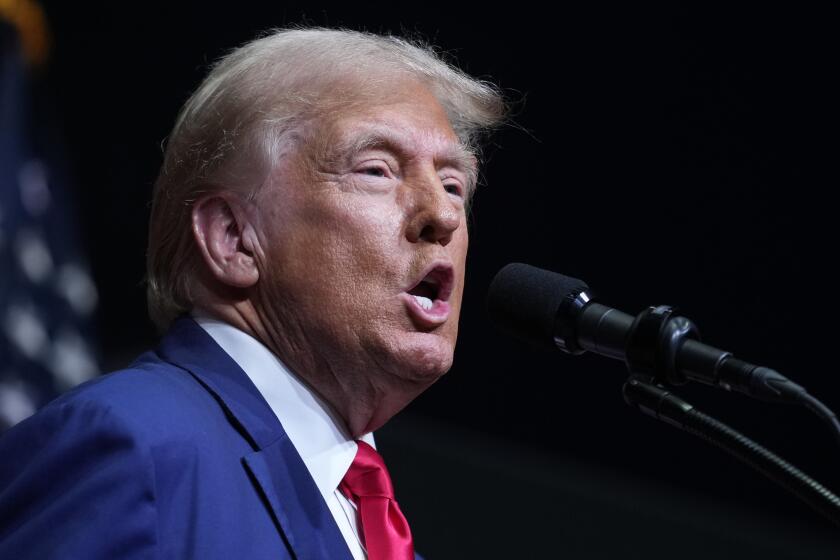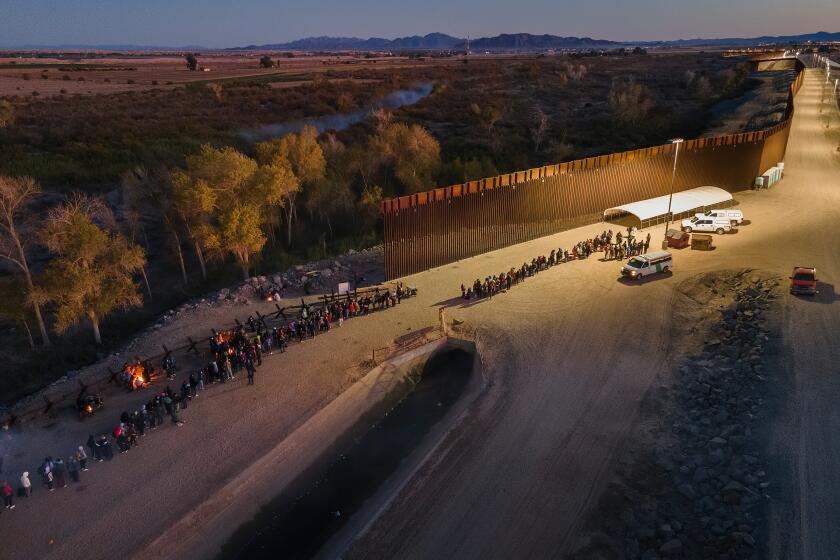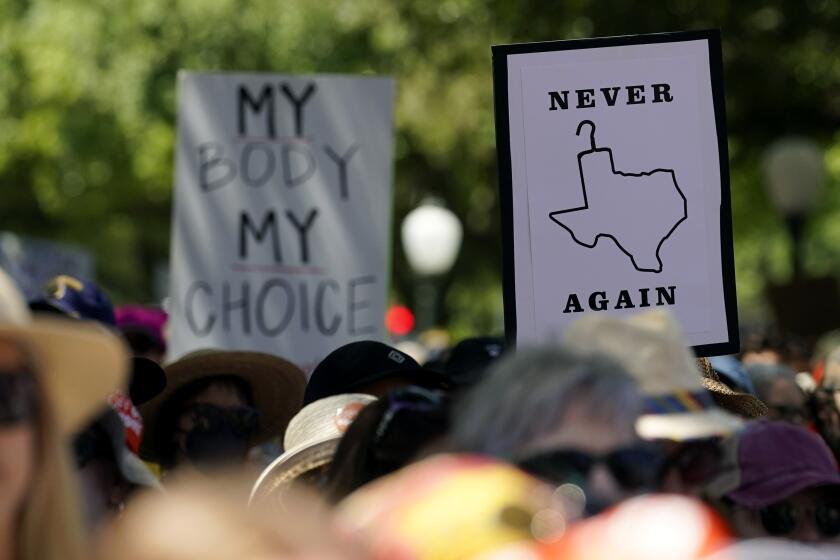Letters to the Editor: L.A. tamed traffic for the 1984 Olympics. We can do it again in 2028

To the editor: There was one huge factor not mentioned in your article about traffic at the 2028 Summer Olympics in Los Angeles.
My parents, who were dating during the 1932 Games, walked from their M.D. internships at California Hospital on Hope Street to the Los Angeles Memorial Coliseum. I well remember the gloriously traffic-free highways in our last Olympics in 1984.
Why was traffic so light? One reason: During the 1984 Games, truck deliveries could only be made overnight. Businesses were unhappy, but it was only for a couple of weeks.
Imagine the difference it would make for today’s traffic if we had no trucks on the road during peak hours. That should be prioritized again for 2028.
Meg Quinn Coulter, Los Angeles
..
To the editor: It’s not a bad idea to limit cars at Olympic venues if there are enough buses that run frequently, are inexpensive and are safe and clean.
Recently, I went to the Hollywood Bowl and parked at the L.A. Zoo lot, connecting by bus to the venue. It was easy and quick, plenty of parking was available, and there was no traffic.
Henry Nowakowski, Orange
..
To the editor: The 2028 Olympics will cost around $7 billion. Problem is, the city and state have agreed to pay for costs that cannot be covered with Olympic revenue, possibly to the tune of hundreds of millions of dollars.
Not to worry, folks: Even with our overwhelmed infrastructure, the Hollywood sign shines bright over the estimated 45,000 homeless people living on the streets of Los Angeles.
The LA28 organizers, with movie star power, will overcome all obstacles to cover the $7 billion, as the city’s homeless residents continue to swelter under a freeway bridge.
Mark Shapiro, Los Angeles
